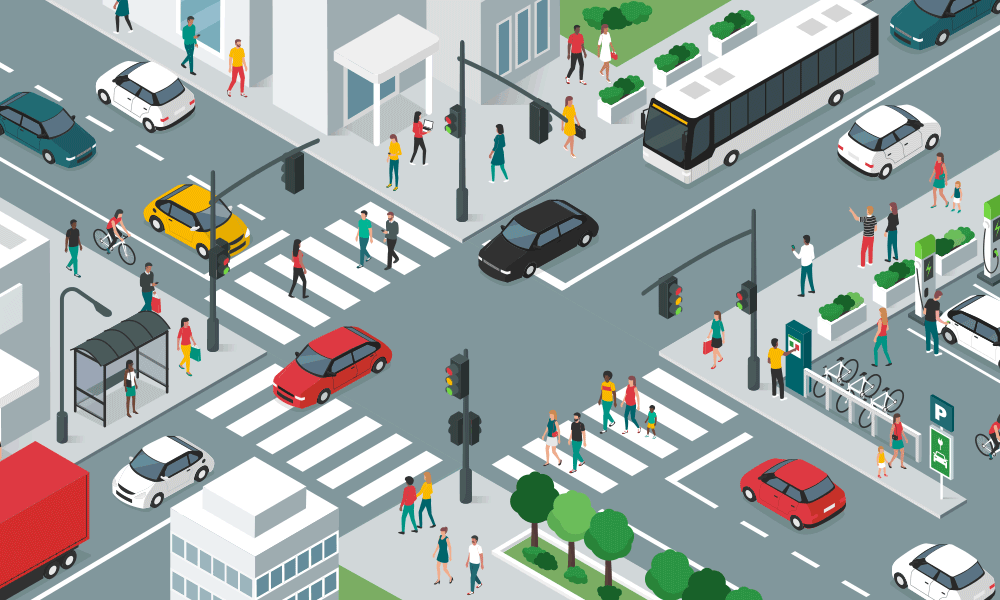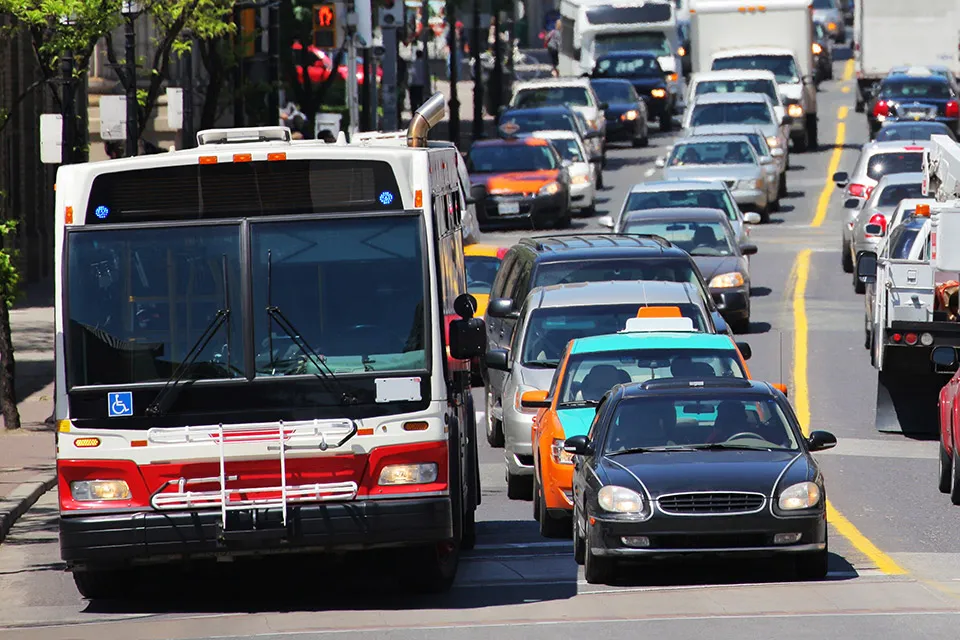
The Crucial Role of Transportation in Achieving Sustainable Development
Transportation plays a pivotal role in the pursuit of sustainable development. As societies strive to balance economic growth with environmental preservation and social equity, the transportation sector emerges as a key player in shaping a sustainable future. This article explores the multifaceted importance of transportation in sustainable development, highlighting its impact on economic prosperity, environmental conservation, and social inclusivity.
- Facilitating Economic Prosperity:
Transportation infrastructure serves as the backbone of economic development. Efficient transportation networks enable the movement of goods and services, connecting producers with consumers across regions and nations. This connectivity enhances trade, boosts productivity, and stimulates economic growth. By providing access to markets, transportation systems contribute to job creation, income generation, and poverty reduction. Moreover, well-planned transportation networks attract investments, foster innovation, and enhance competitiveness, driving sustainable economic prosperity. - Enabling Environmental Conservation:
Transportation has a significant influence on environmental sustainability. The choice of transportation modes and the efficiency of operations directly impact energy consumption, greenhouse gas emissions, and air quality. Promoting sustainable transportation options, such as public transit, cycling, and walking, can reduce reliance on private vehicles and decrease carbon footprints. Additionally, the adoption of clean and renewable energy sources in transportation, such as electric vehicles and biofuels, can further mitigate environmental impacts. By prioritizing sustainable transportation practices, societies can contribute to climate change mitigation, air pollution reduction, and the preservation of natural resources. - Enhancing Social Inclusivity:
Transportation accessibility is crucial for ensuring social inclusivity and equitable development. Well-designed transportation systems provide affordable and convenient mobility options for all members of society, regardless of their income, age, or physical abilities. Access to education, healthcare, employment, and social activities is facilitated by reliable and affordable transportation services. Moreover, transportation infrastructure that prioritizes pedestrian safety, cycling lanes, and public transit networks promotes active lifestyles, reduces traffic congestion, and enhances community cohesion. By prioritizing social inclusivity in transportation planning, societies can foster equal opportunities, reduce inequalities, and improve overall quality of life.
Conclusion:
Transportation is an indispensable component of sustainable development, with far-reaching implications for economic prosperity, environmental conservation, and social inclusivity. By recognizing the importance of sustainable transportation practices, societies can pave the way for a more sustainable future. Investing in efficient and environmentally friendly transportation infrastructure, promoting alternative modes of transportation, and prioritizing social inclusivity in transportation planning are key steps towards achieving sustainable development goals. Through collective efforts, we can create a world where transportation serves as a catalyst for progress while preserving the planet for future generations.


Average Rating